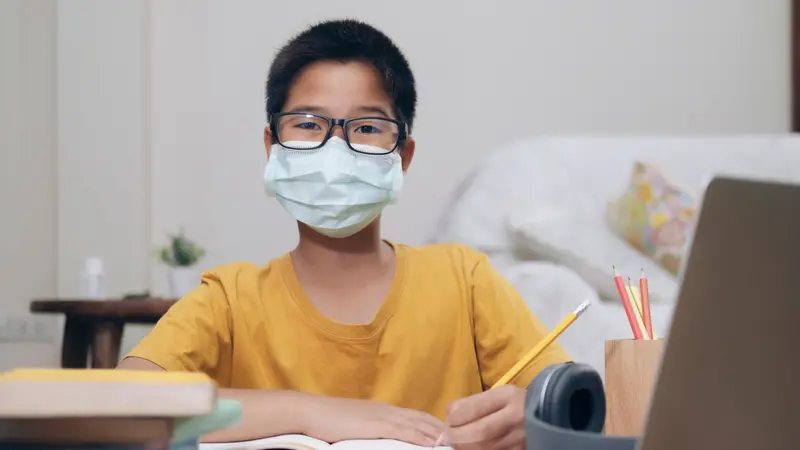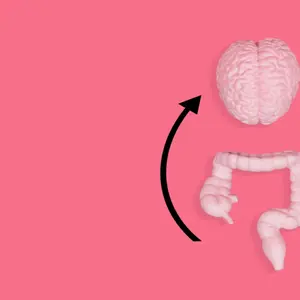

Mental and Behavioral Well-Being

Mental and Behavioral Well-Being
Isolation Brings Increase in Youth Depression: What Parents Can Do
Prolonged social isolation resulting from the COVID-19 pandemic has greatly affected the mental health of people across the globe. Experts say, however, that children and adolescents are even more prone to depression than adults during this time. Unable to see friends or interact with others, long days of online school, endless hours of social media, and fear are taking a toll on children and teens.
Although it’s not always evident that a child is depressed, parents should be aware of the warning signs. Increased irritability and anxiety as well as behavioral and communication fluctuations should be watched. Lack of interest in activities they used to enjoy, trouble sleeping, poor concentration, decline in academic performance, and noticeable weight changes can all be symptoms of depression.
Children and adolescents thrive on routine so it’s essential to encourage children to set a schedule to regulate the amount of time they spend online. Interacting with peers virtually and engaging in organized online events can ease feelings of isolation.
Mental health professionals also advise setting an example of healthy coping skills and looking at the positive aspects of isolation. Activities like board games, table tennis, cooking, and weekly day trips can help bring the immediate family together. Spending time in nature is beneficial because it alleviates stress. Offering rewards and prizes for academic success can be good motivation for online learning.
Taking a break from the stress of life and the outside world can actually offer a great opportunity to improve relationships between parents and children. Mental health professionals are there to help if needed, but parental awareness and engagement with their children can make all the difference.
REFERENCES
Medina, A. (2020, December 4). How to help your child manage depression from coronavirus isolation. National Alliance on Mental Illness. https://nami.org/Blogs/NAMI-Blog/December-2020/How-to-Help-Your-Child-Manage-Depression-from-Corona…?


 By
By







